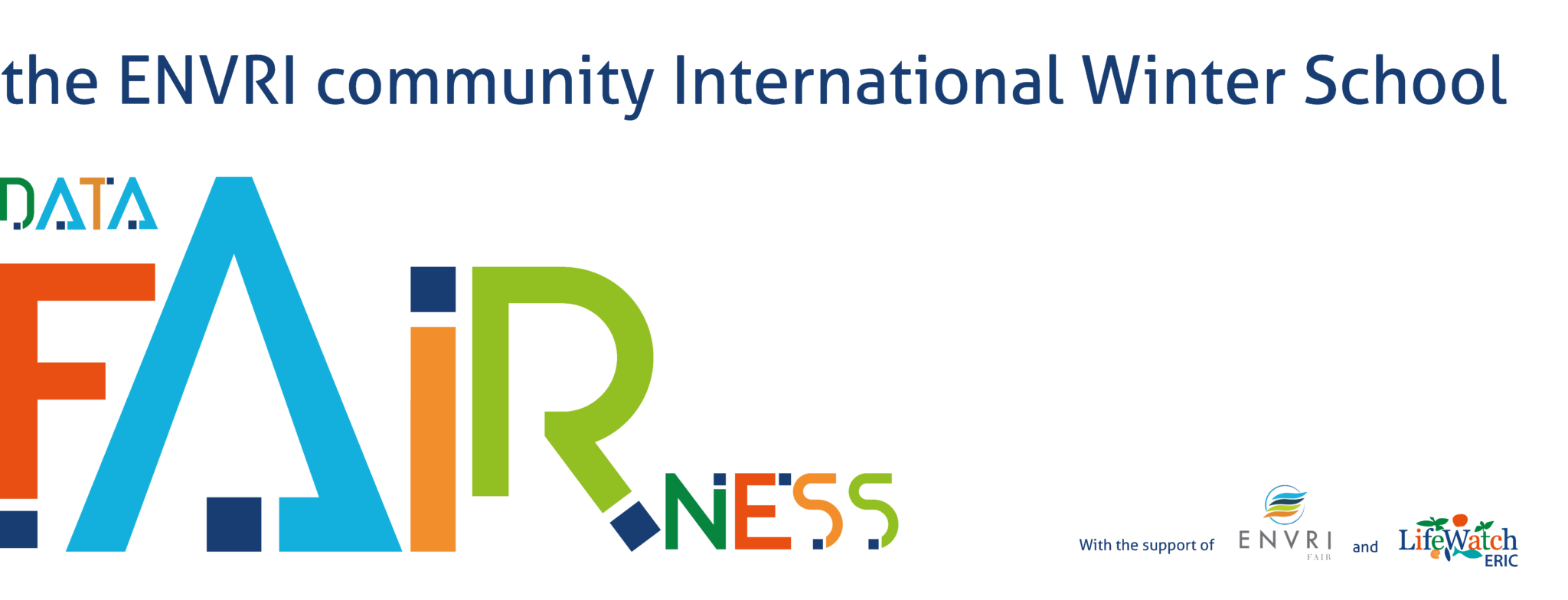Click here to see the programme.
The Winter School was organised over a two-week period, on average dedicating around 40 hours in total (including preparation). It was structured around daily activities, with scheduled lectures and presentations in the mornings (09-11), followed by associated group and individual work time (11-12).
Target audience:
Since the focus was on supporting end users in how to make the best use of data, understanding the end user perspective was very important to developing good user interfaces and services to interact with data.
The main target groups were the staff at ENVRI data centres, researchers and PhD candidates, with the aim to:
- present state-of-the-art technologies relevant to FAIRification of services
- based on real-life use cases, encourage adoption of new technology to enhance data centre functionality
- enable new knowledge-exchange networks for ENVRI data professionals
For practical reasons, we could only accommodate 30 participants in total. The selection of participants was based on a mix of criteria, including motivation and use case descriptions.
Towards ENVRI Community International Winter School DATA FAIRness
In July-September 2020 we organised a three-day webinar programme, which introduced the main topics of the winter school (the use of FAIR data in ENVRI Community, and for Environmental and Earth sciences research) with theoretical presentations, exercises and discussion. The training materials (slides, presentations, recordings, etc.) are available on the ENVRI-FAIR Training Platform.
